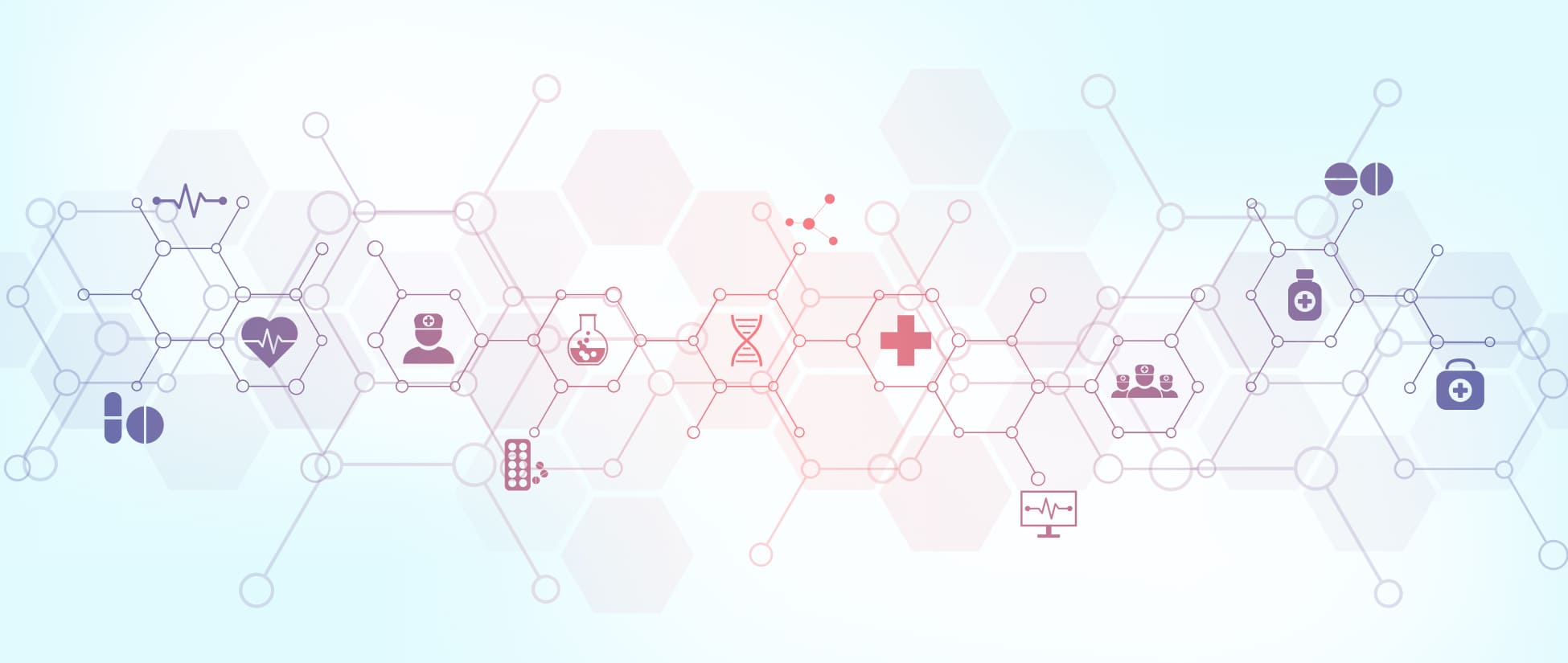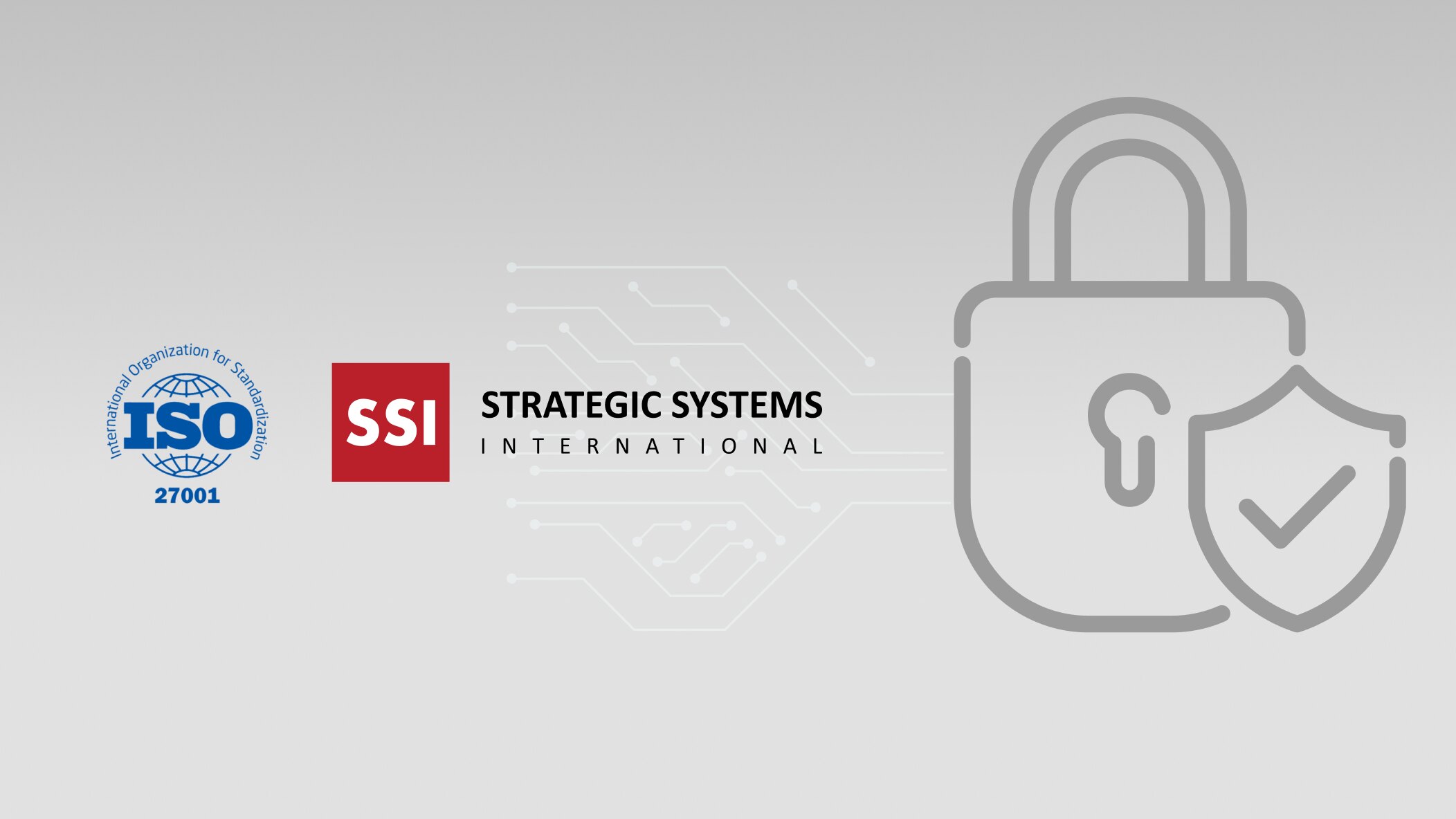This is not merely hype – the kind of substantial investments pouring in are a proof. According to Accenture, the AI healthcare market is projected to reach $6.6 billion by 2021, expected to result in about $150 billion cost savings annually. Accenture also broke down potential annual benefits for 2026 within the healthcare industry where robot-assisted surgery could easily cut costs by $40 billion while virtual nursing assistants, dosage error reduction, clinical trials and automated image diagnosis could save $20 billion, $16 billion, $13 billion and $3 billion respectively.
Major Zones of Investment
Gurpreet Singh, a U.S. health services leader at PWC, sees three main areas where major chunks of investment will be heavily focused; digitization, engagement and diagnostics.
- Digitization promises to make operational processes less expensive and more convenient for patients.
- Engagement may benefit patients by improving the quality of their interaction with healthcare providers.
- Diagnostics may assist in providing diagnosis and health advice, using AI algorithms.
Recent Success Story: A platform to monitor infants after hospital discharge for a leading respiratory products provider healthcare company
Potential of AI in Healthcare
What all this (potential) investment and processes intend to work towards:
- Advanced clinical research
- Automated operations
- Precision surgery
- Preventive medical intervention
- Medication management
- Health monitoring
- Healthcare system analysis
- Digital consultations
- Managing medical records
- Carry out repetitive tasks that do not require human supervision e.g. analyzing X-rays and scans
What Problems Can We Solve Using AI
If executed successfully, AI in healthcare can cut costs, improve treatment and enhance accessibility; this is crucial because in traditional healthcare management, often while improving on one of these areas means deterioration in another area. An interesting fact to know here is patients although will enjoy more personalized and effective treatment plans, they will still not be aware of incorporation of AI in their treatments initially because it may happen behind the scenes.
Since there is a limitation to the number of doctors and nurses available to manage everyone’s health at all times, it is a good thing that AI could meet 20% of unmet clinical demands and this seems achievable with more than one-third of providers investing in AI as of 2018.
At Strategic Systems International, our experts developed a machine learning and advanced analytics mobile and SaaS platform using Amazon Web Services (AWS) platform to solve healthcare workforce challenges. Through the ML-based software solution for healthcare, our client Optimé was able to reduced its clients’ variable staffing costs by 5% to 9% and increased staffing office productivity by 70%.
The Downsides of AI
AI application in healthcare does not come without drawbacks. Most often, its ethics are questioned as it can be used to monitor patients inappropriately and a survey of 600+ nurses found that 25% clinicians believe AI will impact the health care industry negatively. Not only that, it’s not always reliable – healthcare providers need to trust algorithms i.e. wanting clinical validation because without it, people will remain skeptical about its outcomes.
Most importantly, patients themselves have shown reluctance due to the fear of the unknown – whether they will be able to understand the technology; whether the technology will be able to understand them. There are chances patients might feel isolated as well if not dealing with people and the use would be limited anyway because a lot of medical situations cannot be dealt with without a physical doctor’s involvement.
Lastly, the scalability of the project puts a question mark on its potential. Pilot programs tested with limited scope may not be readily adaptable to large scale institutions and are likely to be too expensive for smaller and rural regions.
Nevertheless, this is a massive opportunity that one hopes is not wasted, because if done right, a push of artificial brains would be a much needed help to not only healthcare management but patients and the world at large.
Strategic Systems International has an extensive experience in the healthcare sector, assisting fast-growth healthcare technology firms in bringing data-driven products and solutions to market. Please review our success stories here. Contact us for any queries at sales@ssidecisions.com.
Accelerate your digital and product engineering capabilities through remote work!
As companies struggle to maintain business continuity and maintain their digital growth trajectory, we are fully prepared and experienced to partner.



